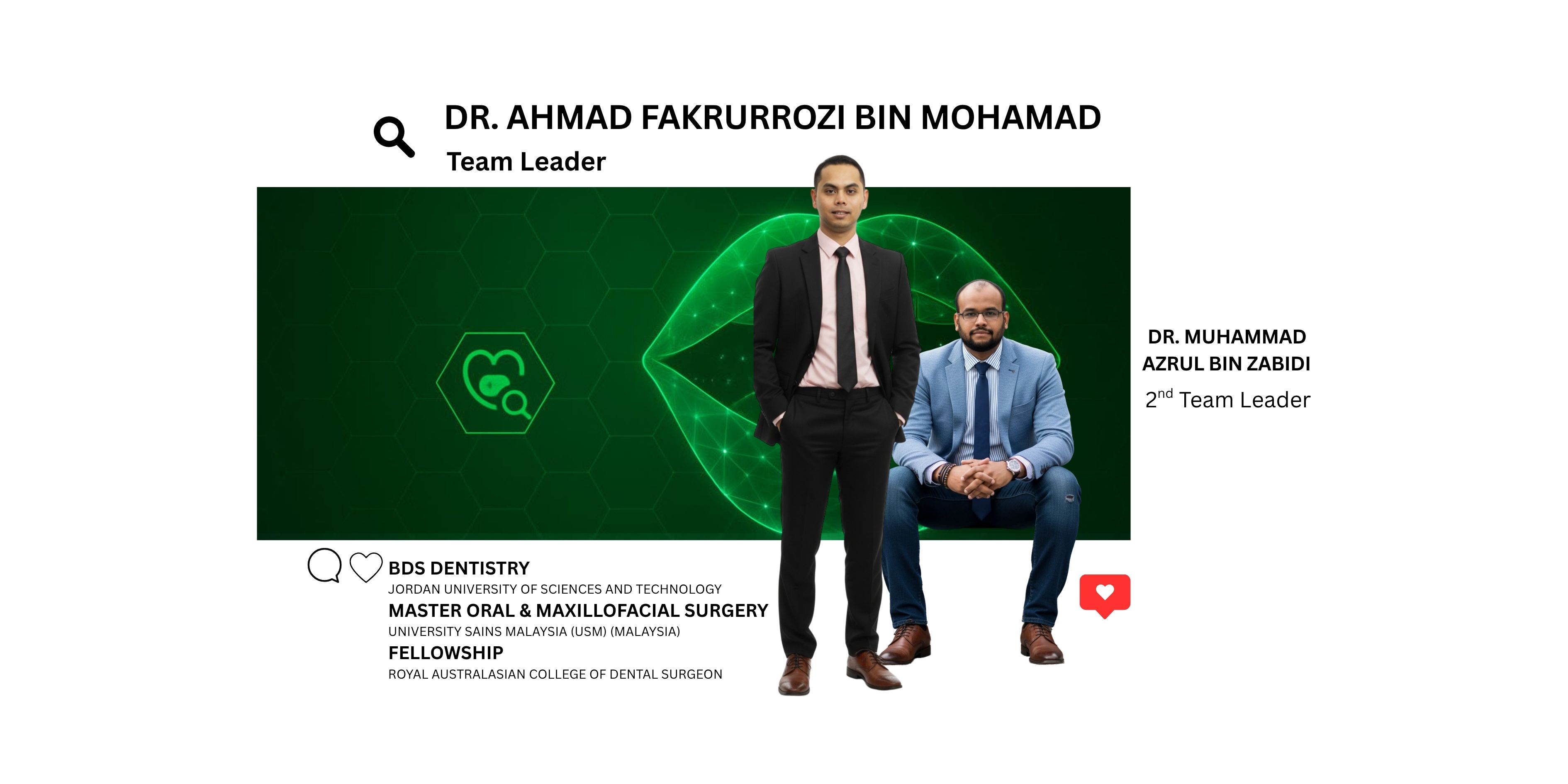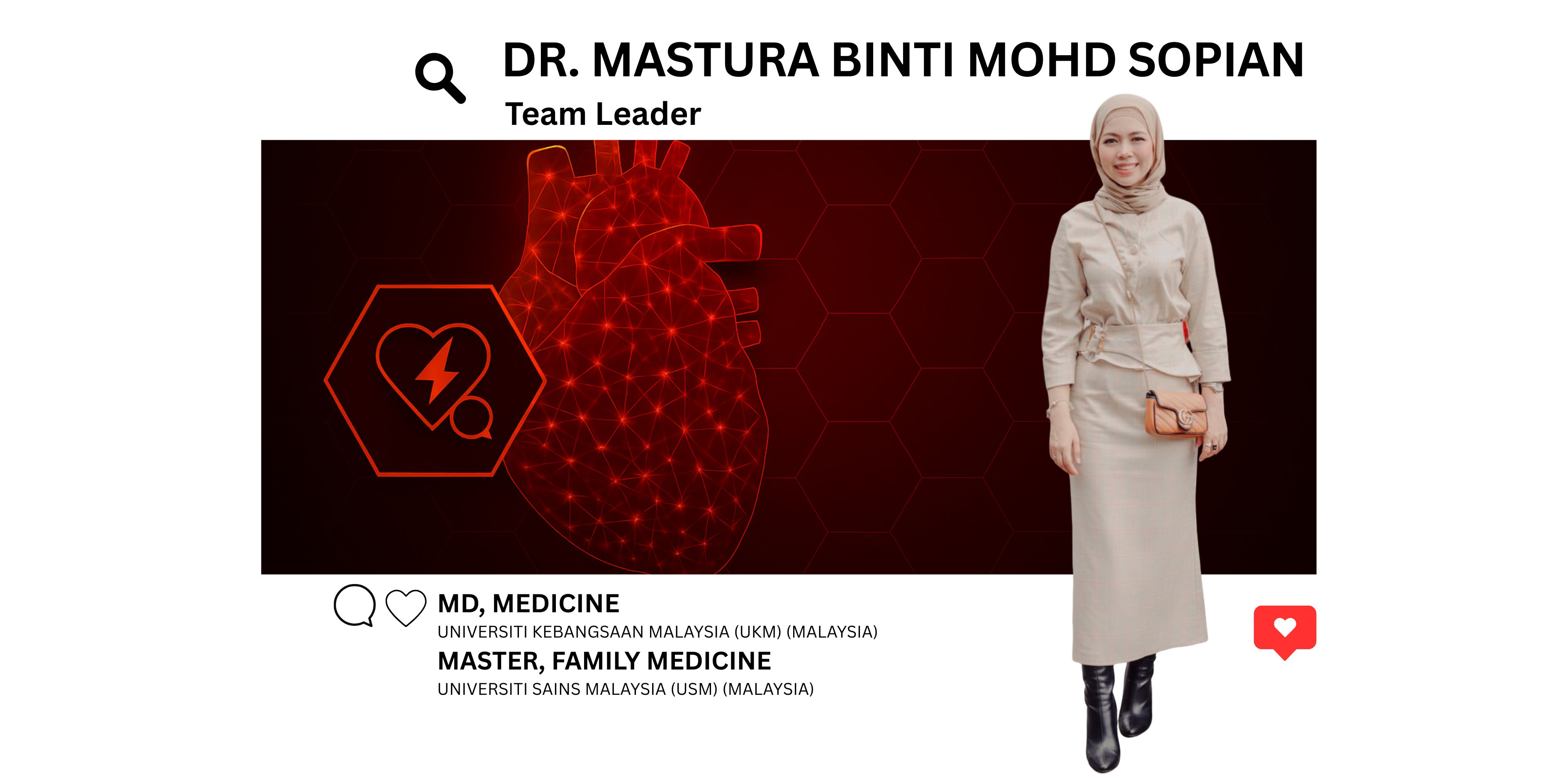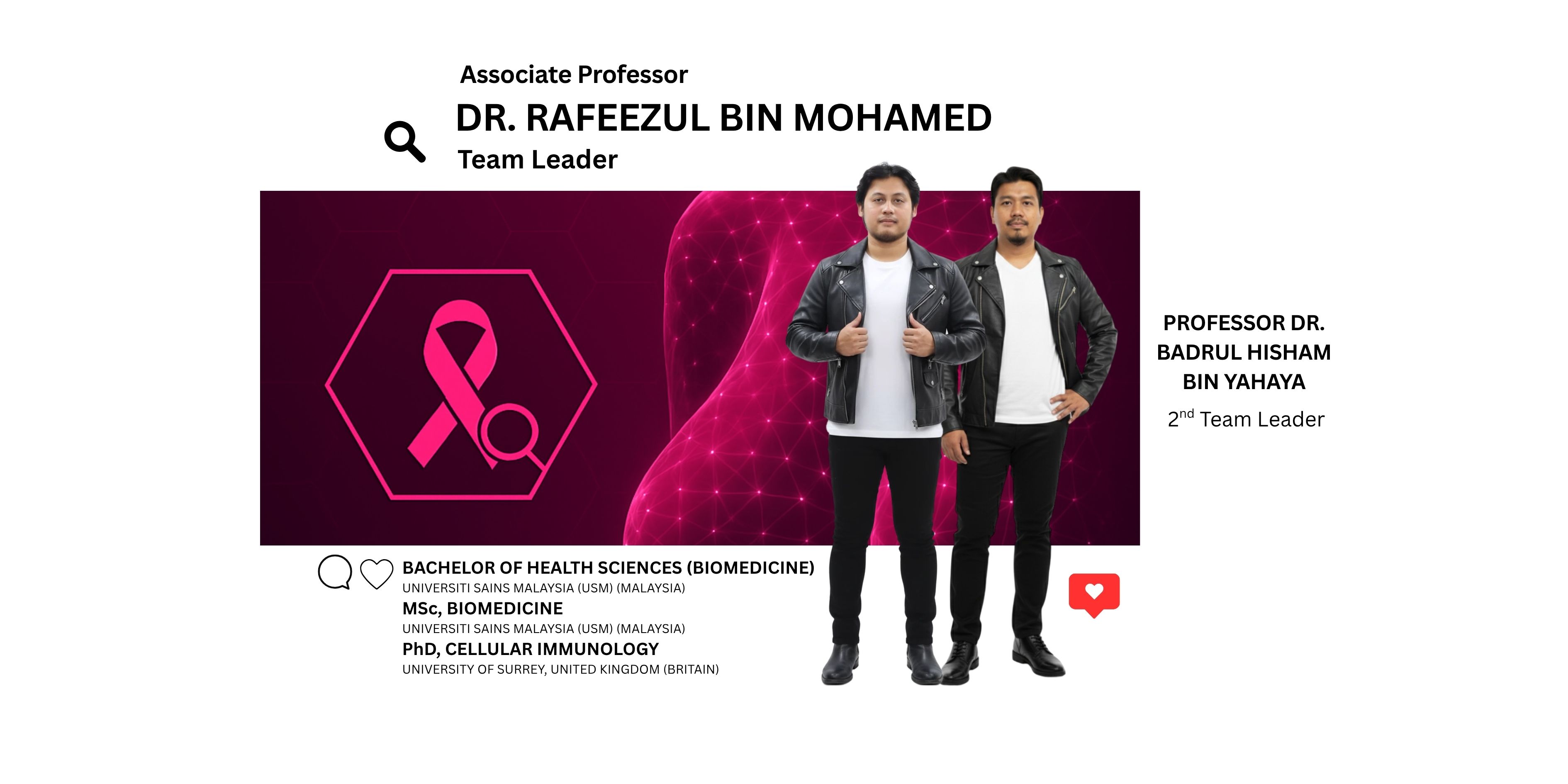Research Program

Emerging Infectious Disease: Preparation for Disease X
Introduction:
Read More
- This is a national research program designed to prepare for future pandemic threats, especially an unknown pathogen referred to as "Disease X." It uses a multi-disciplinary approach that combines big data analysis, artificial intelligence, bioinformatics, and various biotechnologies. The program focuses on RNA viruses because they have the highest potential to cause future pandemics. The key goals are to develop a smart digital system for monitoring and tracking diseases and to win the "arms race" against viruses by understanding how they mutate and cause disease.
- To develop an integrated digital system for monitoring, predicting, and tracking public health threats.
- To better understand the mutation patterns and disease-causing mechanisms of RNA viruses.
- To create platform technologies for rapid diagnostics and vaccines.
- Malaysian Ministry of Health, networks of local researchers, and foreign institutions.
- Dr. Ng Siew Kit
- Dr. Noorsuzana Shariff
- Dr. Hazrina Yusof Hamdani
- Dr. Norfarazieda Hassan
- Dr. Muhammad Amir Yunus
- Dr. Ahmad Naqib Shuid
- Dr. Mohd Syamsul Reza
- Dr. Citartan Marimuthu
- Dr. Stil Aminah Ahmed
- Dr. Asmida Isa
- Dr. Ch'ng Ewe Seng

Advanced Management of Liver Malignancies (Liver-ENRICH) Research Program
Introduction:
Read More
- This research program aims to improve the screening, diagnosis, and treatment of liver cancer. It combines advanced imaging and molecular approaches to enhance early detection. The goal is to significantly improve survival rates and life expectancy for liver cancer patients over a 15-year period.
- To explore advanced screening methodologies for liver malignancies by combining imaging and molecular approaches.
- To develop an integrated, personalized system for diagnosis, prognosis, and therapy decisions using a deep-learning neural network.
- To discover new radiation and molecular-based treatment methods and techniques.
- To evaluate the clinical outcomes of patients using a computer-assisted method and continuously improve treatment plans.
- Associate Professor Dr. Noor Diyana Binti Osman

Dementia Multidisciplinary Research Program of PPKPK (DMR-PPKPK)
Introduction:
Read More
- Dementia is a clinical syndrome characterized by impaired cognitive functions that interfere with daily activities. With the global population aging, dementia prevalence is rising rapidly. The DMR-PPKPK is a multidisciplinary research initiative under the Department of Community Health, PPKPK, USM, aimed at addressing the challenges in dementia diagnosis, treatment, and prevention. The program envisions becoming a national centre of excellence for holistic dementia research and therapeutics by 2037.
- To develop an integrated diagnostic methodology for early detection of dementia.
- To develop a prediction tool for dementia risk using machine learning.
- To develop a multidisciplinary advanced therapeutic program for dementia management.
- To develop preventive interventions for dementia.
- The program involves 38 researchers from various disciplines. Emphasizes multidisciplinary collaboration and aims to establish 10 networking or linkages.
- Dr. Rohayu Binti Hami

Oral Cancer Research Group
Introduction:
Read More
- The Oral Cancer Research Group (OCRG) is a research unit within the Department of Dental Science at Universiti Sains Malaysia (USM). It focuses on addressing the significant health burden of oral squamous cell carcinoma (OSCC) in Malaysia through multidisciplinary research. The group aims to revolutionize patient care by enhancing prevention, early diagnosis, and therapeutic outcomes, with a vision to become a globally recognized center of excellence.
- To enhance early detection and reduce OSCC incidence through targeted education and risk-reduction strategies.
- To develop precise, early OSCC detection methods using cutting-edge imaging and biomarker-based diagnostics.
- To pioneer advanced treatment modalities to improve oncologic and functional outcomes.
- To optimize long-term functional recovery and quality of life through personalized rehabilitation, functional restoration, and long-term quality-of-life improvements.
- USM was designated as a Centre of Excellence for head and neck cancer brachytherapy by the Netherlands-based Brachy Academy.
- Dr. Ahmad Fakrurrozi Bin Mohamad
- Dr. Muhammad Azrul Bin Zabidi
- Associate Professor Dr. Yusri Musa
- Associate Professor Dr. Mohd Zahri Abdul Aziz
- Dr. Jasmin Jalil

Heart Failure Research Program
Introduction:
Read More
- The Heart Failure Research Program is a flagship research initiative at the Cancer Research and Specialist Centre, Universiti Sains Malaysia (USM). It focuses on improving the diagnosis, treatment, and prognosis of metabolic disorders and heart failure through interdisciplinary pre-clinical and clinical research.
- To improve the diagnosis, treatment, and prognosis of metabolic disorders and heart failure.
- To bridge the gap between laboratory findings and real-world medical practice.
- To develop innovative therapies, refine diagnostic tools, and explore novel mechanisms underlying cardiovascular and metabolic diseases.
- Supported by a team of medical experts and researchers who actively conduct both pre-clinical and clinical studies.
- Dr. Mastura binti Mohd Sopian
- Associate Professor Dr. Noor Khairiah binti A. Karim
- Associate Professor Ts. Dr. Fatanah binti Mohamad Suhaimi
- Dr. Sharifah Azdiana binti Tuan Din
- Dr. Rohayu binti Hami
- Dr. Ooi Cheong Hwa
- Dr. Ooi Jer Ping
- Dr. Teoh Soo Huat

Breast Cancer Translational Research Program at PPKPK
Introduction:
Read More
- Intro here..
- Associate Professor Dr. Rafeezul Bin Mohamed
- Professor Dr. Badrul Hisham Bin Yahaya
